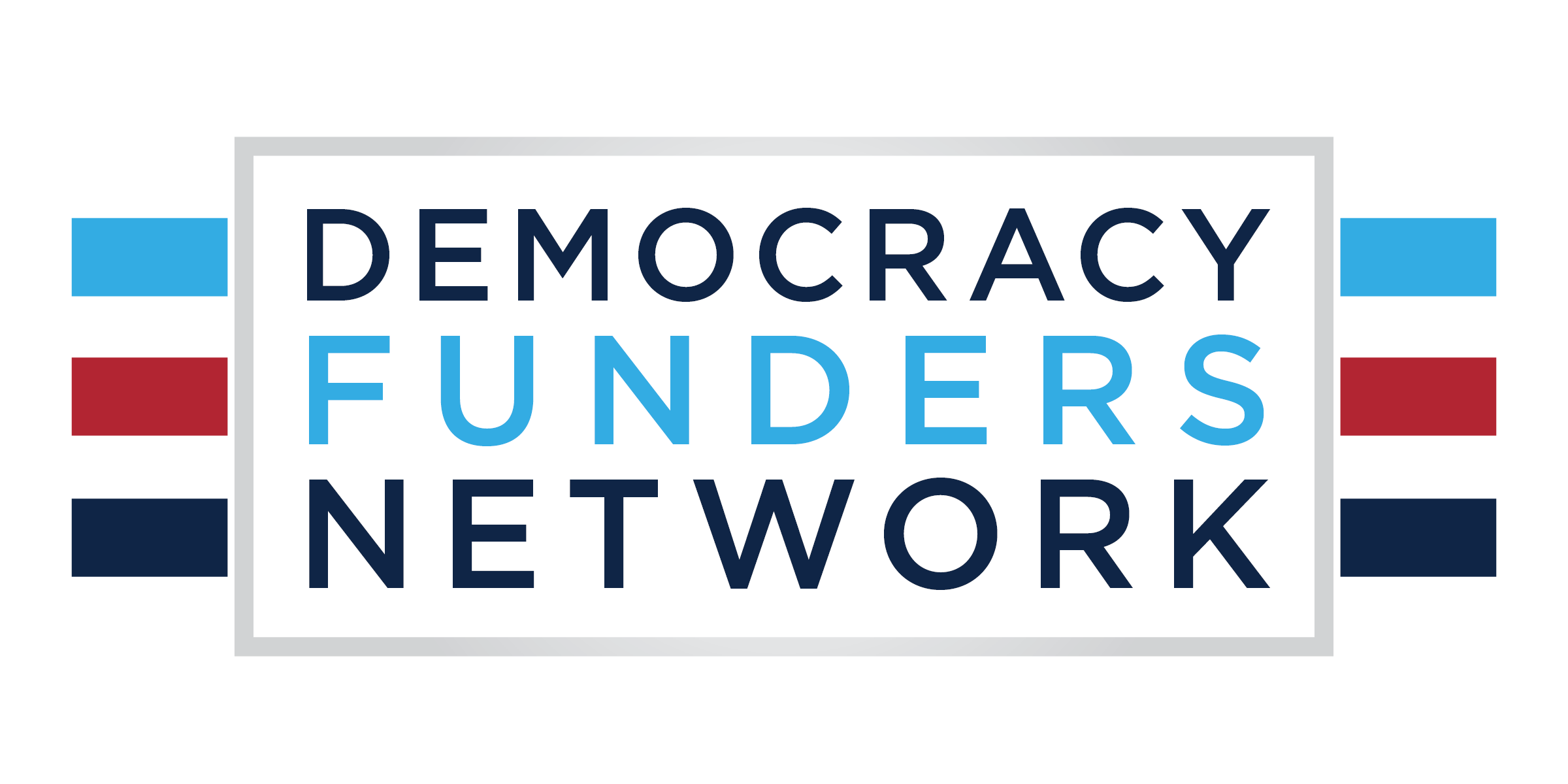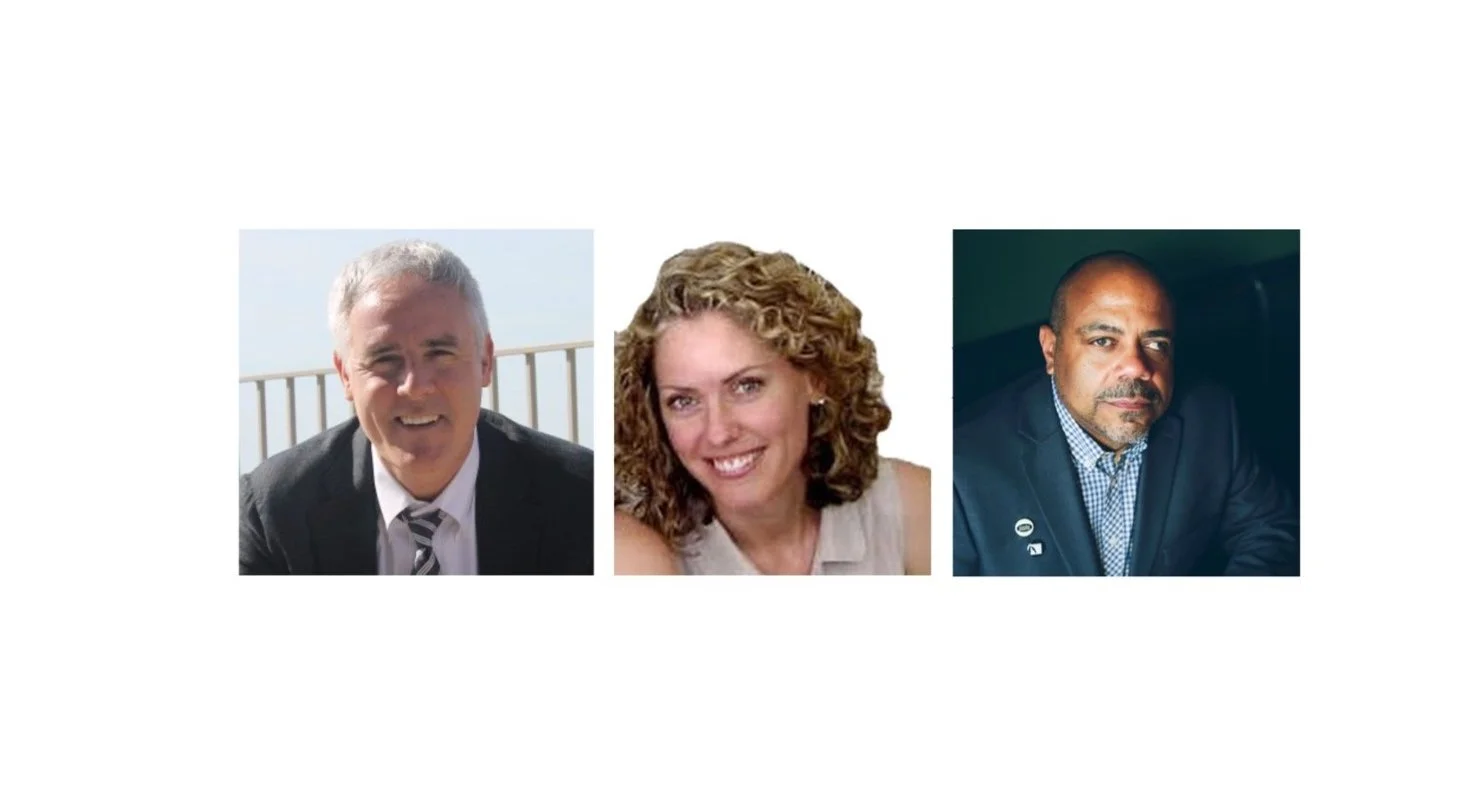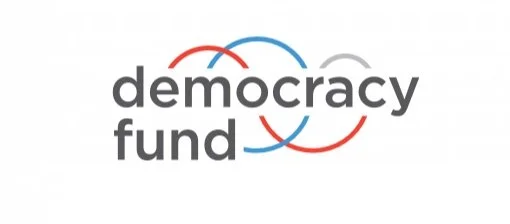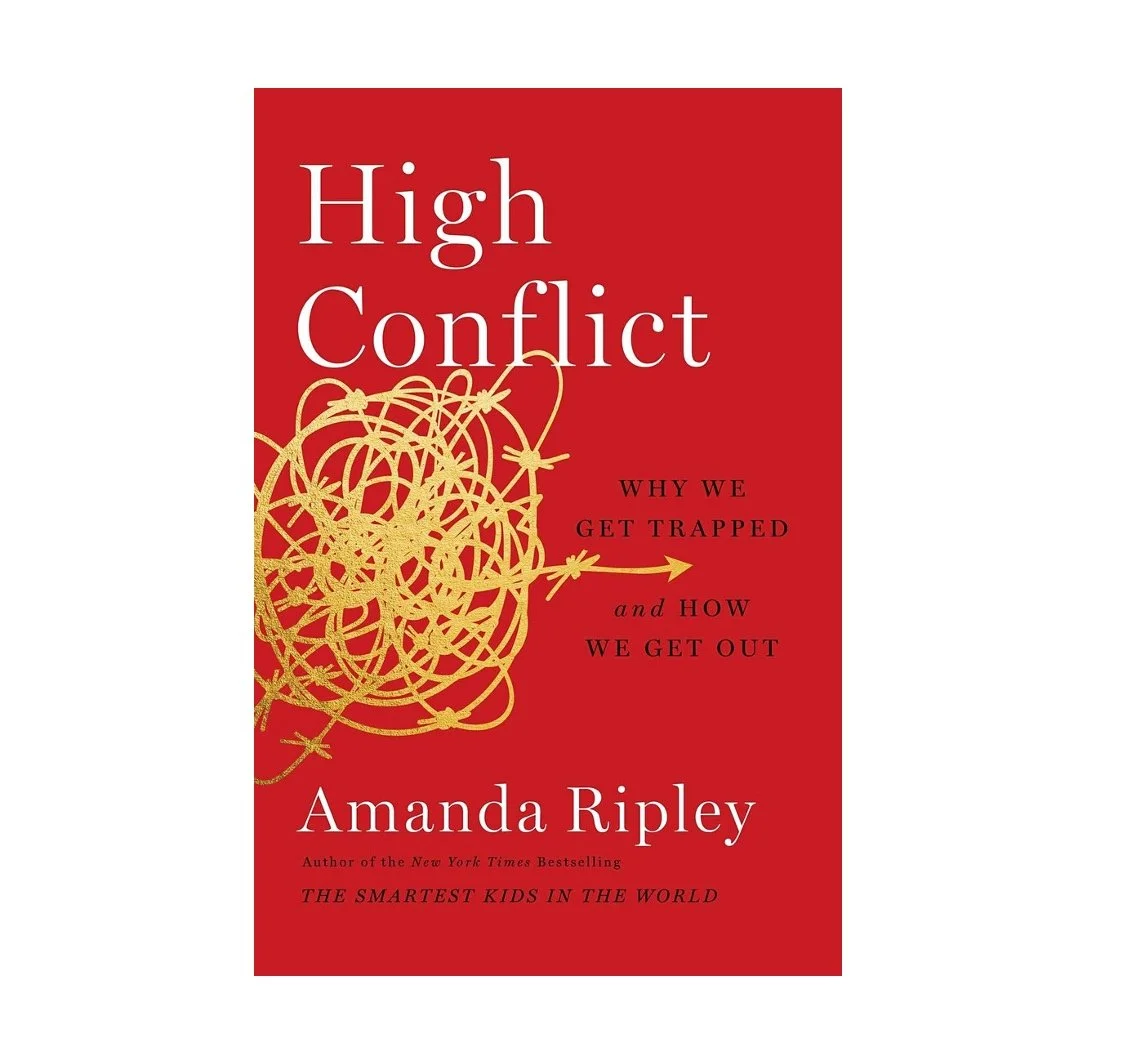
Better Democratic Futures Are Possible: Discover How States and Localities are Charting the Path Forward
American democracy is facing great challenges today. In addition to the barrage of authoritarian threats, America suffers from increased polarization and gridlock, short-termism that leaves long term problems unaddressed, and deep distrust of politicians and policymakers. While dysfunction and distrust are most acute at the national level, there are promising efforts underway at the state and local level to restore trust in our democracy’s functioning, give more voice and agency to the public to shape their lives and their futures, and evolve governance structures to make policy makers more focused on the needs of future generations.
Presented by DFN’s Democracy Innovation Project, this webinar is the latest offering in DFN’s Democracy Innovation series. It will showcase exciting democratic innovations that have the potential to transform how we experience democracy such as deliberative democracy experiments, better ways for the government to interact with the public, and governance innovations that allow more creative approaches to solving long term problems.
DFN programs are for funders supporting organizations in the democracy space. If you’re not a funder, please email us at info@democracyfundersnetwork.org to discuss your participation before registering.





















